Bitcoin’s rally to $72K took miner revenues to record highs
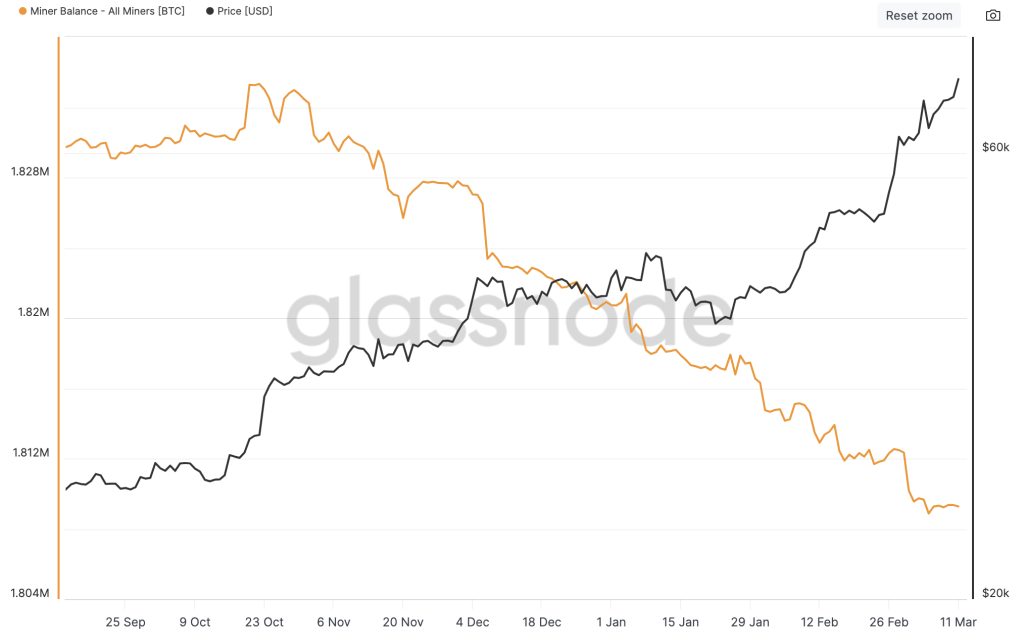
Miners saw revenues climb to roughly $78.89 million on March 11, the same day the BTC price broke new all-time highs.

Bitcoin’s price has been on an “up only” trend since Jan. 23, resulting in an increase in miner revenues, which reached a record high earlier this week.
Data from Blockchain.com shows that daily Bitcoin (BTC) mining rewards spiked to $78.89 million on March 11 for the first time in history, surpassing the previous high of $74.4 million set in October 2021.

Miner revenues primarily come from rewards for creating new blocks and confirming transactions on the Bitcoin blockchain. Miners currently receive 6.25 BTC for every successful block they create in addition to transaction fees.
Bitcoin rose to a new all-time high of $72,953 on March 12. It has since retraced back to $69,655, but it is still up 246% in the last 12 months, according to data from CoinMarketCap.
Similarly, the mining industry has witnessed 212% revenue growth in U.S. dollars, as shown in the chart above.
Bitcoin mining revenue climbed from $25.23 million on March 17, 2023, to roughly $78.89 million on March 11.
More data from Blockchain.com reveals that the Bitcoin hash rate has also increased over the last year to reach an all-time high of 676 exahashes per second (EH/s) on Feb. 2.

This means that more miners are joining to secure the pioneer blockchain network. At the time of publishing, the Bitcoin hash rate stood at around 642.9 EH/s.
Transaction volume on Bitcoin network reaches an all-time high
The increase in Bitcoin miner revenue and hash rate can be explained by the uptick in on-chain activity.
This week, the number of transactions on the Bitcoin network also reached an all-time high of 974.7 million transactions. This was a 20% increase over the last 12 months.

While the rally in BTC’s price has been attributed to increased capital inflow into the United States spot Bitcoin exchange-traded funds, the upcoming supply halving event is another important event to watch.
The Bitcoin halving occurs once every four years and refers to a situation where miner rewards are reduced by 50%. The next halving is expected in April, just under 35 days away, and will reduce miner rewards from 6.25 BTC to 3.125 BTC.
Related: Bitcoin has 6 months until ETF ‘liquidity crisis’ — New analysis
In preparation for this, miners have been using profits from the latest BTC rally to buy more equipment to double their operations in order to remain afloat after the reduced earnings, according to a Bloomberg report.
More data from TheMinerMag reveals that 13 major Bitcoin mining firms have ordered over $1 billion worth of mining rigs over the last month. The latest is Bitfarms, which acquired an additional 10 EH/s Bitcoin miners for $143 million.
Miners offloading BTC in preparation for the halving
On-chain data from Glassnode shows evidence that Bitcoin miners are taking profits on the latest rally in BTC price. The factors influencing the offloading could be preparation for reduced earnings after the halving, increased mining difficulty and the hash rate reaching record highs.
These levels of miner selling are normal in a bull market, as shown in the chart below. This is especially true for the huge increase in on-chain transactions, as mentioned above. Miners are selling heavily.

More data from Glassnode shows BTC balances in miner wallets have dropped to a three-year low of 1.8 million BTC, validating the offloading.

Therefore, as Bitcoin’s price increases, miner revenues are growing, and more profit bookings are occurring among these market participants.
This article does not contain investment advice or recommendations. Every investment and trading move involves risk, and readers should conduct their own research when making a decision.

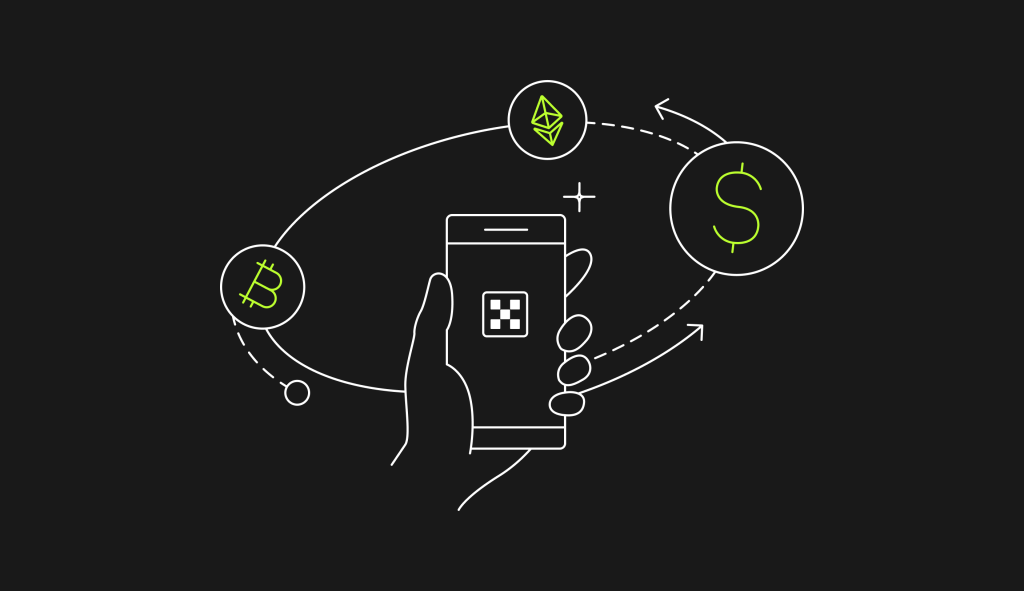
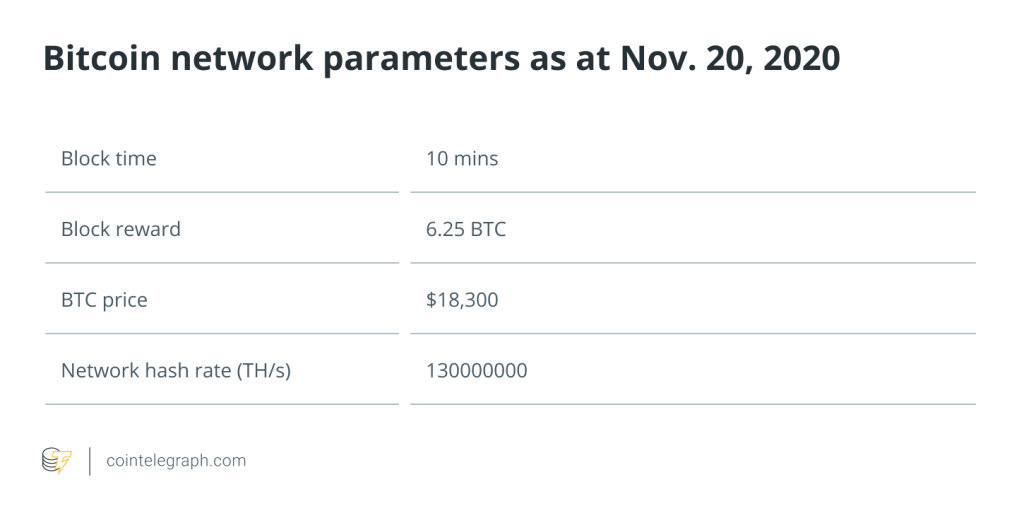
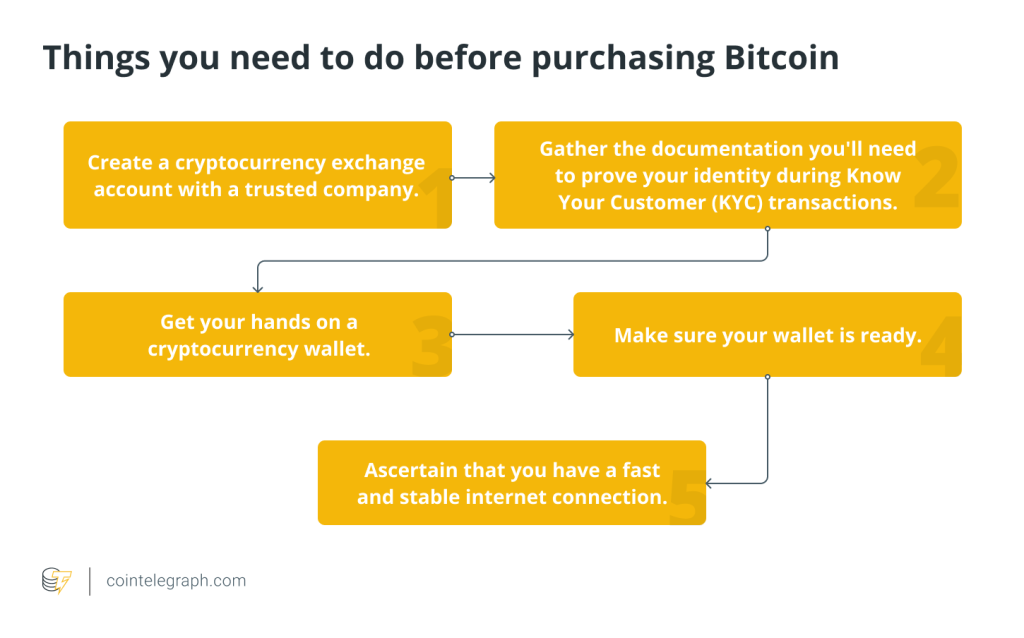
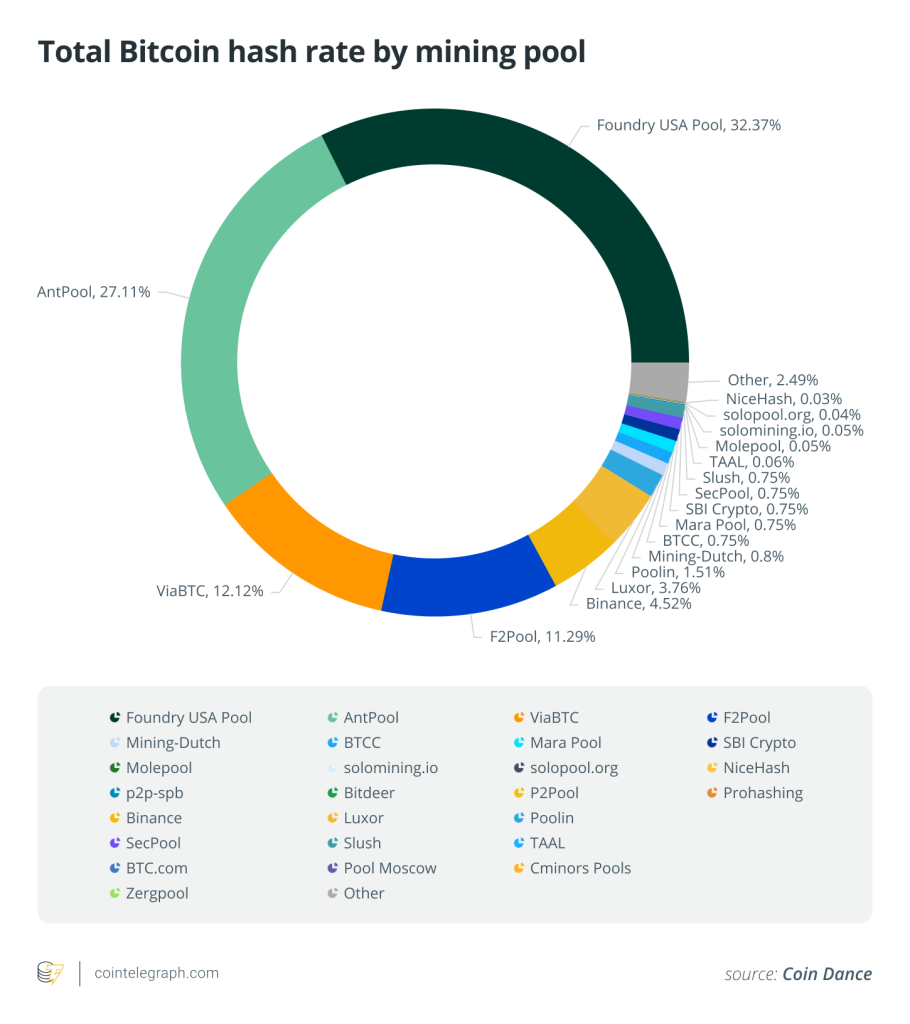
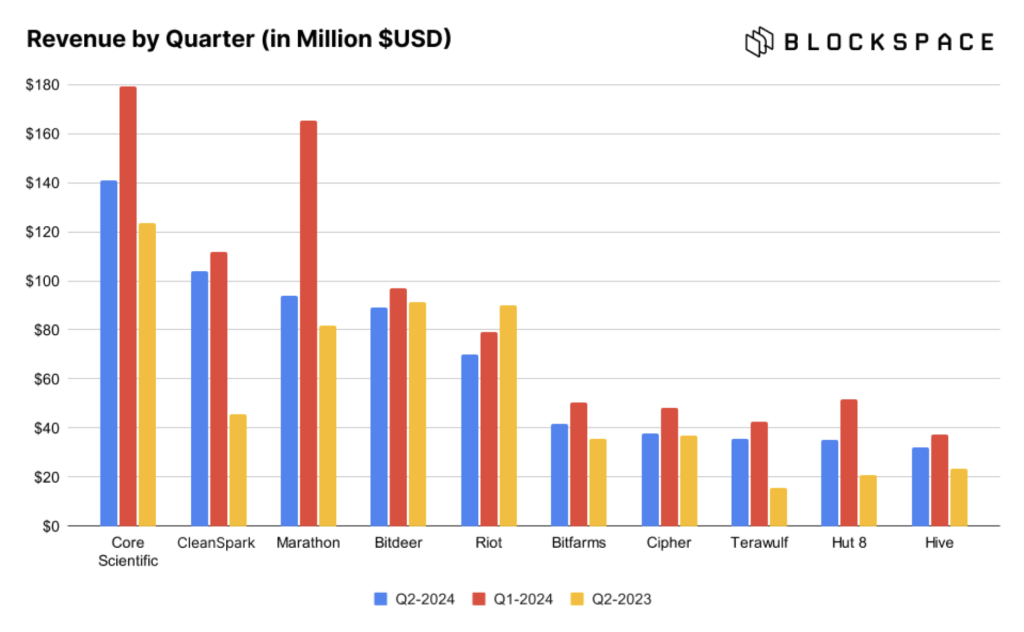
Responses